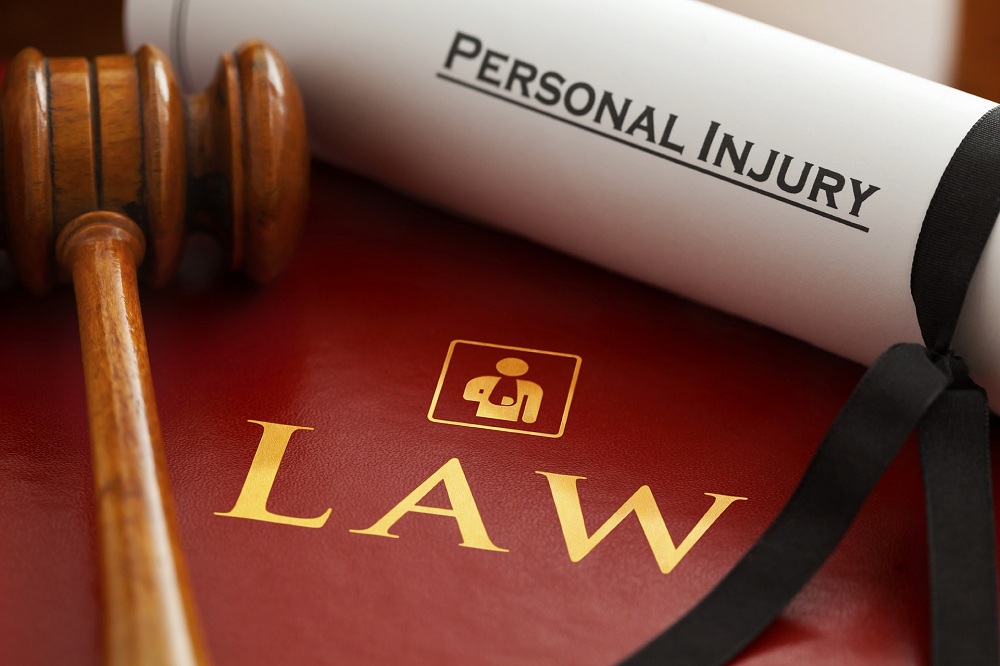Personal injury law, also called tort law, allows injured persons to go to court and recover damages for the losses that stem from an accident. With proper legal representation, an injured person can obtain financial compensation and “feel whole” again after suffering harm due to another person’s carelessness.
Below is a list of common questions related to personal injury. Start here to learn the basics.
What is a personal injury?

An injury is a personal injury if it meets the following conditions:
- You have experienced an injury or suffered damage to your body, property, rights, and reputation;
- The injury led to medical expenses, emotional distress, lost wages, and/or damage to your property, and
- The injury was caused by the negligence or actions of another party.
What is negligence?
Negligence refers to carelessness or recklessness that causes an accident or injury. An example of negligence would be a person who causes a car accident while texting behind the wheel. The negligence of the driver makes them responsible for the accident. This, in turn, requires them to pay damages to the victim.
What is my case worth?
It can be difficult to estimate the value of a personal injury case right off the bat. Several factors can influence the potential payout, and you’ll need a skilled attorney who handles personal injury cases, to thoroughly research your case. Ultimately, the value of your case will depend on your accident or injury.
In general, severe injuries increase the worth of your case, since these result in more substantial medical bills and limit your ability to work.
Past medical bills, future medical costs, rehabilitation costs, therapy, pain and suffering, and lost wages are all crucial factors that influence the amount of compensation you could receive.
Will I have to go to trial?
A majority of personal injury cases get resolved without going to trial. In some instances, however, getting a resolution in court is necessary. This happens when:
- The person charged refuses to offer a settlement
- The person charged does not offer a reasonable settlement
- The person filing the suit wants to go to trial
What damages can I recover?
 You could receive financial compensation, allowing you to recover damages such as medical bills, rehabilitation and treatment expenses, emotional distress, pain and suffering, and decreased quality of life.
You could receive financial compensation, allowing you to recover damages such as medical bills, rehabilitation and treatment expenses, emotional distress, pain and suffering, and decreased quality of life.
How long does a lawsuit take?
The length of a lawsuit will depend on the specifics of your case. Some personal injury claims tend to take longer than others if there are factual and legal issues or if the compensation involves a significant amount of money.
Recovery from your injuries could also prolong the legal process. Attorneys often wait until you are well enough to understand the final value of your injuries.
Each personal injury case is unique, and it is difficult to make generalizations about your circumstances without understanding your situation. Consulting with a lawyer that represents your best interest and fights for your rights is the best way to get just compensation.

